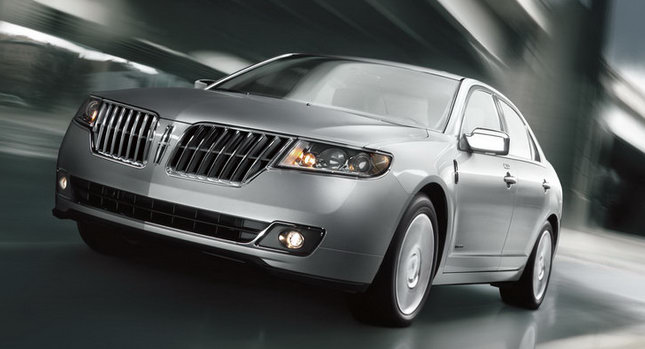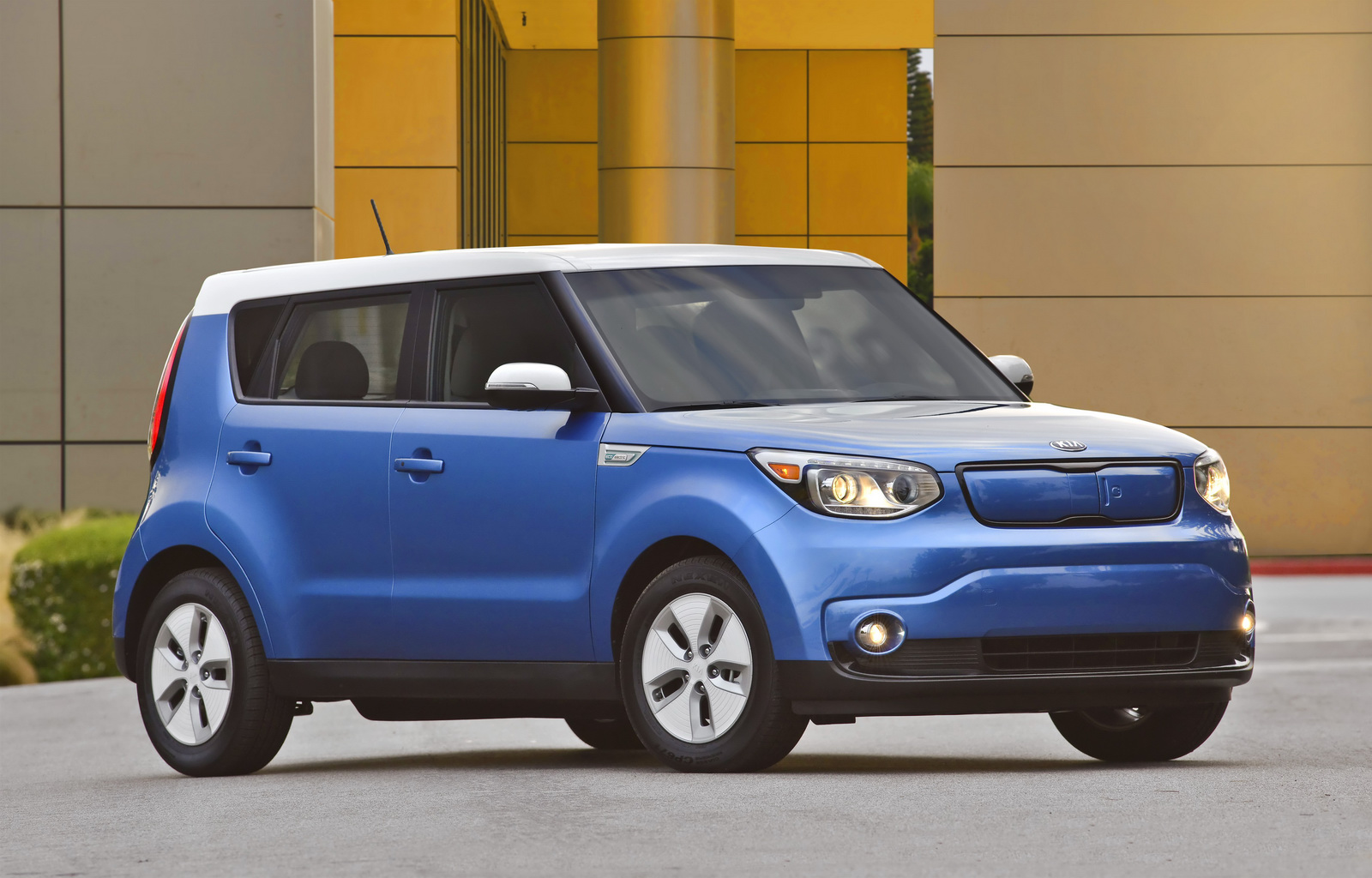As electrified vehicles begin to flood the market, more and more people are finding out about the extremely high costs involved with replacing the battery. The latest of these incidents comes from Canadian EV and hybrid owners, whose vehicle repair costs have left them in shock.
The first case of this happening was with Phyllis Lau from Ontario, whose 2018 Kia Soul EV was in need of a battery replacement. After factoring in labor and tax in addition to the price of the battery itself, Lau was quoted around $23,000 CAD ($16,872 USD) for the service. Lau’s family told CTV News they had an 8-year/160,000 km (99,419 mi) battery warranty, but since their vehicle has racked up over 170,000 km (105,633 mi), they were no longer covered for the replacement. Even after some negotiating, the best the dealership said they could do was cover half the cost of the battery.
See Also: Canada Is Pleading With Taiwan To Give It More Semiconductors
Another resident of Ontario who spoke to CTV News, Ken Edwardson, was quoted $20,000 CAD ($14,672 USD) for the battery replacement on his 2011 Lincoln MKZ Hybrid, $15,000 CAD ($11,004 USD) of which was just for the cost of the battery alone. That especially stuck out to us, since Edwardson’s car wasn’t even fully electric like Lau’s. That being said, this isn’t the first time that owners of older hybrids are finding out the ridiculous cost of battery replacement, as back in August a Chevy Volt owner was quoted $30,000 USD ($40,895 CAD) to replace the battery in their hybrid vehicle.
Related: Lincoln Dealers Will Have To Invest Up To $900,000 To Support EVs
All of this opens up a bigger conversation about the lifespan of batteries in hybrids and full-electric vehicles. For those looking to purchase older electrified vehicles, the health of the battery now becomes a major point of concern, just as much as the engine would on a traditional ICE car. On the opposite end of the spectrum, it’s now in manufacturers’ best interest to start researching technologies that will afford batteries with better longevity for the hybrids and EVs of the future.
While we are already there to a degree with better battery technology in the industry than we’ve ever had before, these stories will hopefully serve as a warning to automakers in the years to come as we head into an age of electrification.








